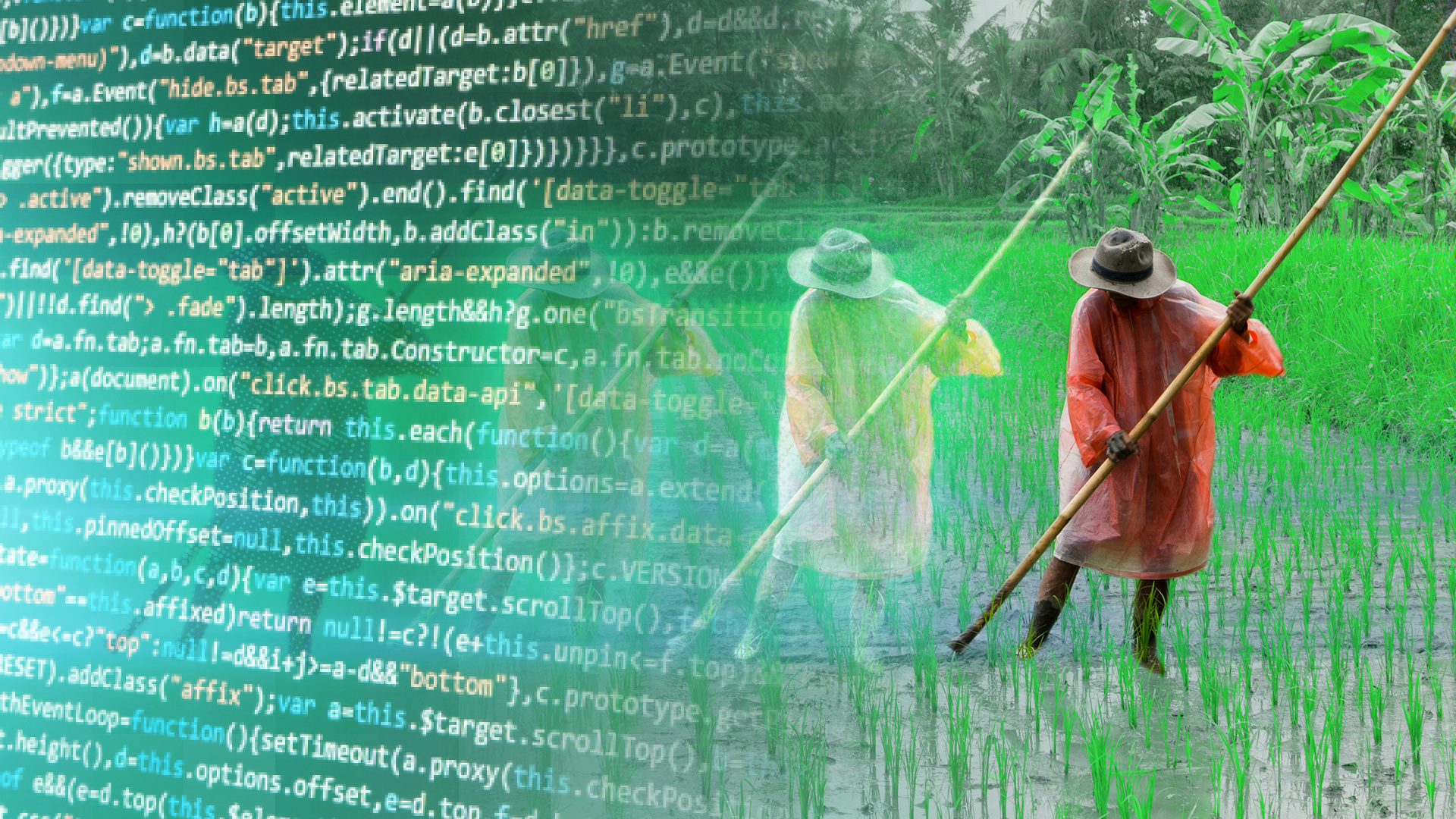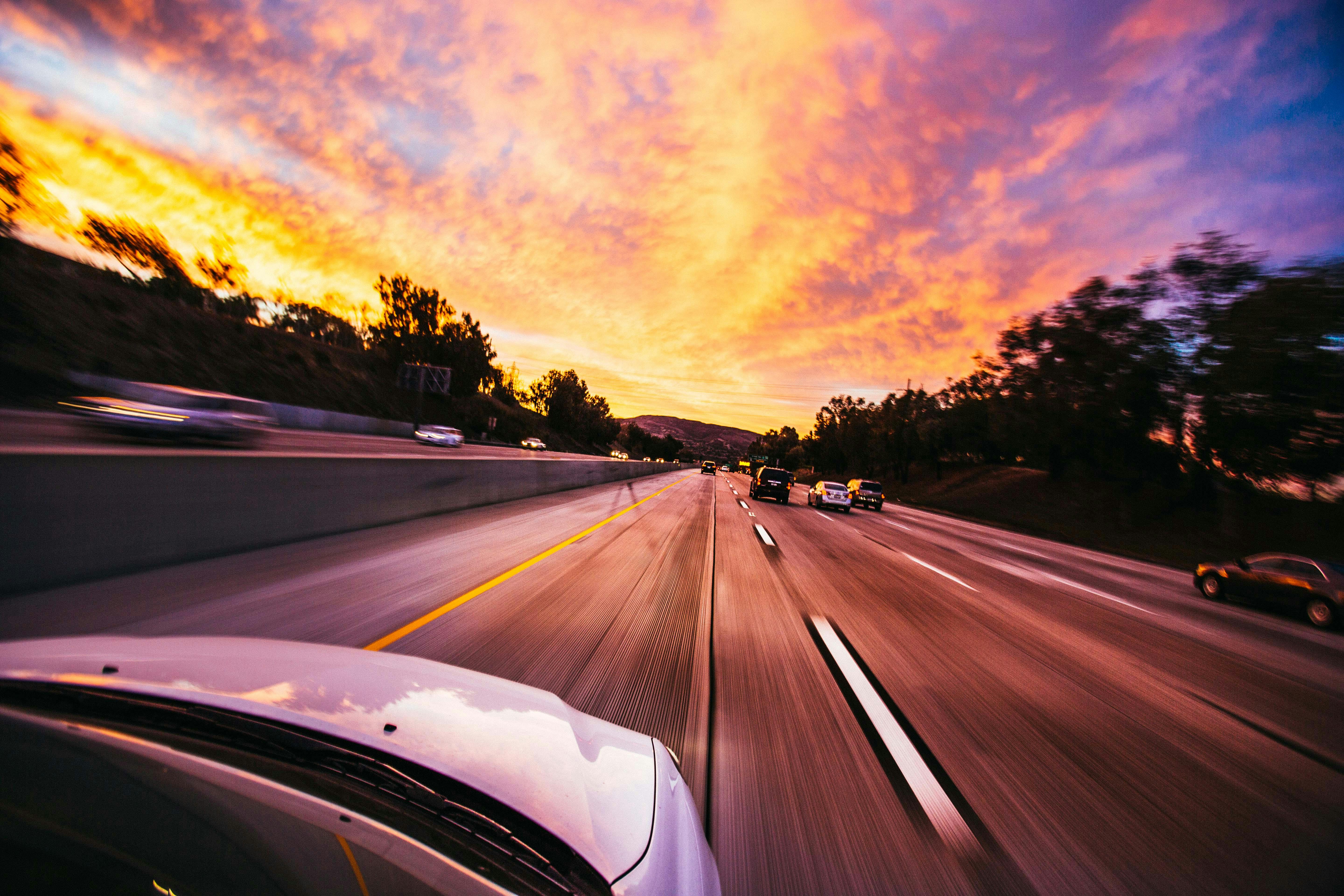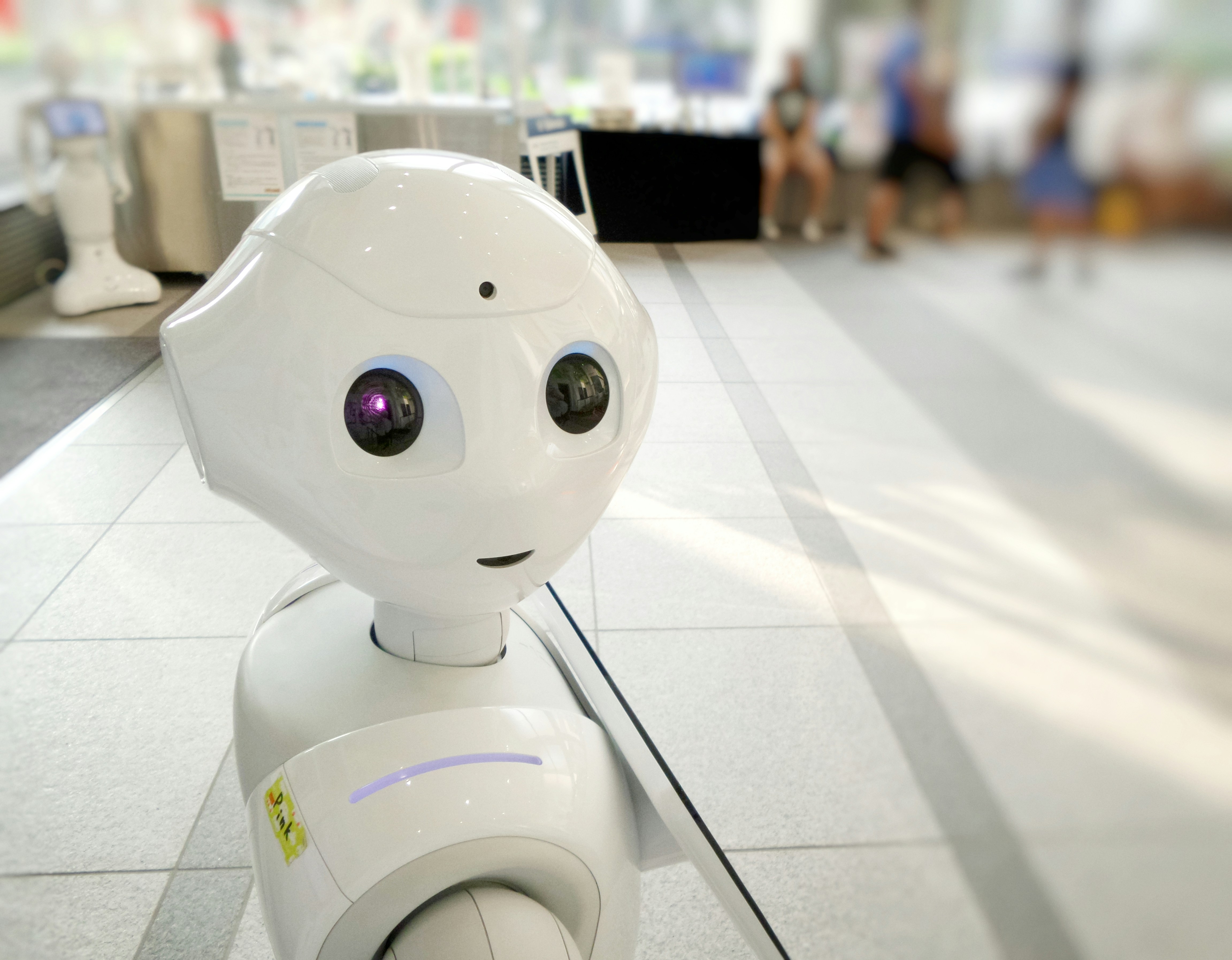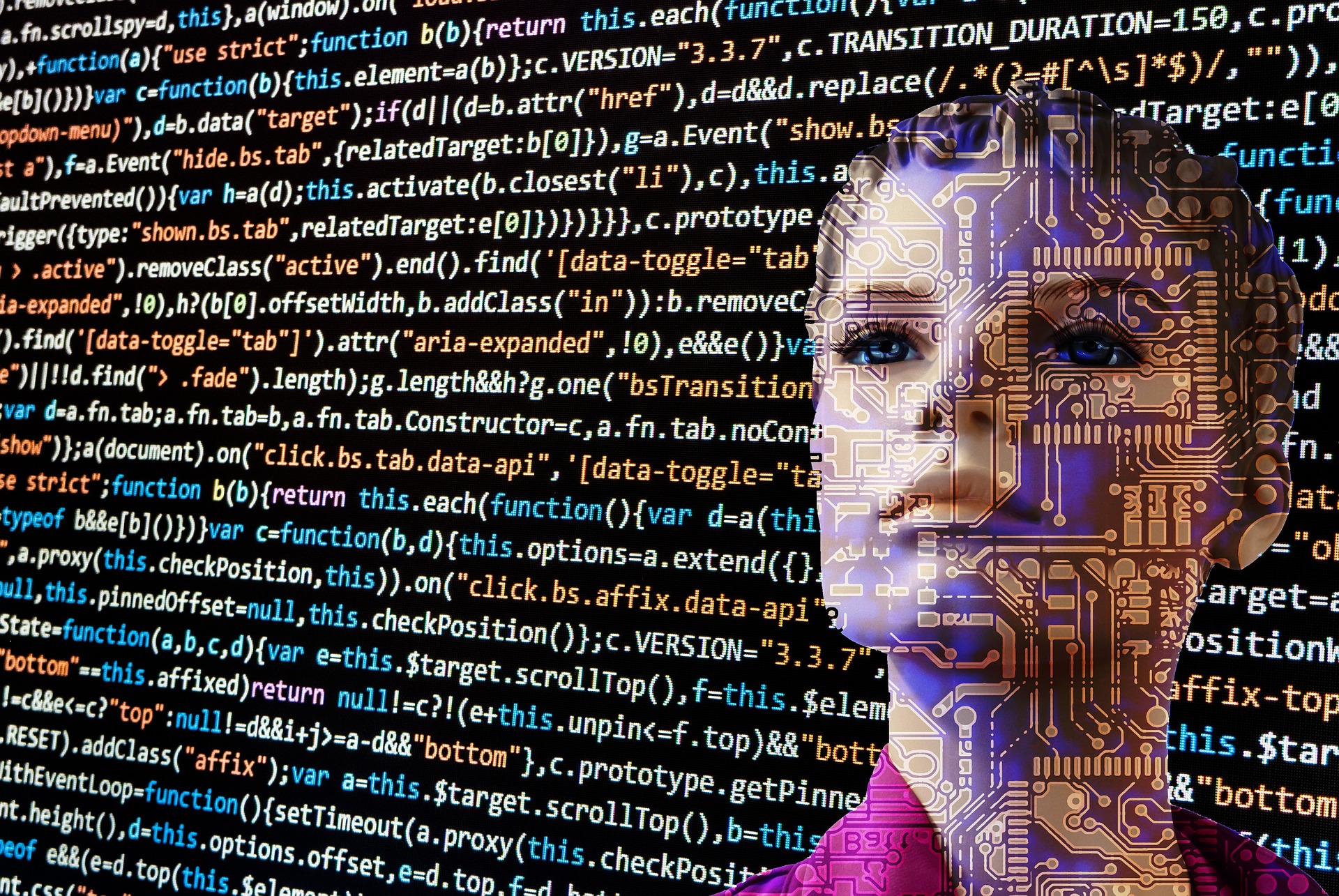We use cookies to improve your experience with Monash. For an optimal experience, we recommend you enable all cookies; alternatively, you can customise which cookies you’re happy for us to use. You may withdraw your consent at any time. To learn more, view our Website Terms and Conditions and Data Protection and Privacy Procedure.
What is AI good for?
Published on June 3, 2024Doomsday predictions around AI are in ready supply, but if put to the right use, it could help solve a world of problems.
 Enlisting AI for the Sustainable Development Goals opens a world of possibilities. : Illustration by Michael Joiner, 360info, Photo by Simon Fanger on Unsplash CC-BY-4.0
Enlisting AI for the Sustainable Development Goals opens a world of possibilities. : Illustration by Michael Joiner, 360info, Photo by Simon Fanger on Unsplash CC-BY-4.0
Doomsday predictions around AI are in ready supply, but if put to the right use, it could help solve a world of problems.
Speculation around AI is rampant. Gradually, and then suddenly, artificial intelligence started popping up everywhere. It’s in your search engine. It steals art. It’s studying journalism. It’s coming for your job next.
Fear of AI as an existential threat to humanity is out in the open. There’s a guessing game around when an artificial general intelligence will achieve human-level capability, the point dubbed ‘the singularity’ — predictions of which have shrunk from the end of this century to the end of this decade.
Meanwhile, concerns about AI safety have caused a scramble for regulations to ensure that the many identifiable risks of AI systems – disinformation, embedded bias, uncontrollable automation, security flaws, outright abuse — are kept in check.
At the AI Safety Summit in the UK in November last year, 28 nations, including Australia, China and the US, signed the Bletchley Declaration, in which they pledged “to ensure that the benefits of the technology can be harnessed responsibly for good and for all”. Last week, Australia was among 10 countries and the EU to sign a follow-up declaration committing to greater cooperation to support the use of AI in the public interest.
There’s plenty to do. If AI is going to take over, the best place to start might be where humans are doing a less than stellar job these days – taking care of the planet and taking care of other humans.
The gap between rich and poor countries is widening, and war, politics and climate change are driving humanitarian crises affecting millions of lives.
Can AI help find solutions to the massive challenges confronting humanity? That question is at the centre of the AI for Good Global Summit on May 30 and 31 in Geneva.
Enlisting the power of AI towards achieving the Sustainable Development Goals opens a wide world of possibilities — in climate modelling, agriculture management, medical research, early education and countless other areas. It might even find a way to make peace.











